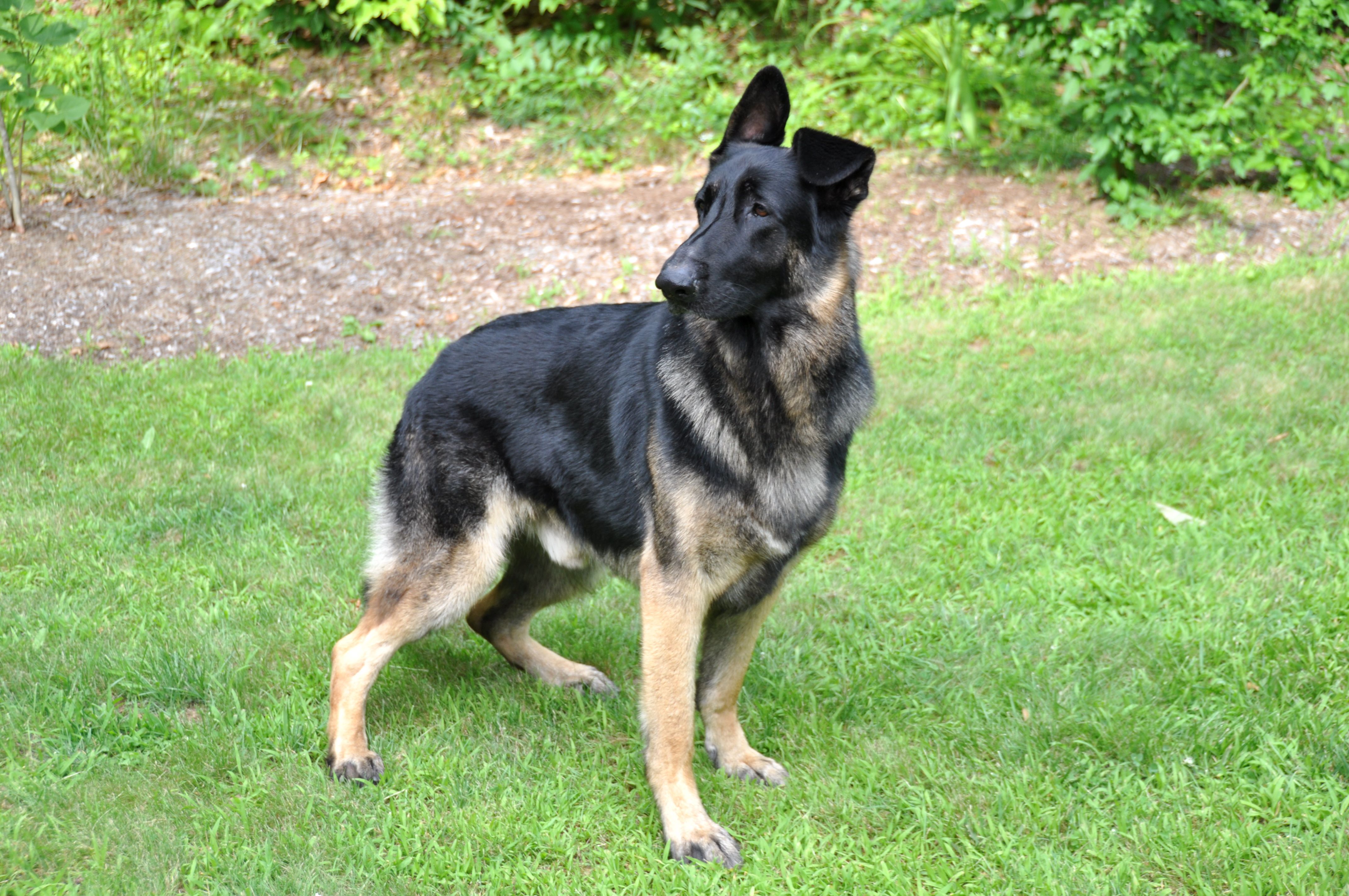Tails Untold® will create your pet's own personalized, beautifully illustrated hard-cover book where your pet is the narrator and the star.
-
-
A very informative Dog Emergency Guide
September 16, 2020 By Susan Lyman -
How to Stop Your Dog from Chewing ( wonderful advice from Annie Moore)
June 13, 2018 By Susan Lyman -
Latest & One of the Greatest Testimonials – Liesl’s Book
March 12, 2018 By Susan Lyman -
7 Reasons Why Every Family Needs A Dog- A Great Guest Blog by Tim Shank
February 09, 2018 By Susan Lyman -
Donations to Animal Rescues/Shelter
January 30, 2018 By Susan Lyman
-
Susan Lyman: Very good point Galeno. It is so important to kee »
-
Galeno: If your dog is overweight, they may pant as they s »
-
Susan Lyman: No thank you. »
-
Susan Lyman: Oh, we are so sorry to hear this. We have heard as »
-
Kim: Be careful. Our dog got a bleeding ulcer from aspi »
cats Christmas Gift dog Dogs donation personalized book personalized gift Personalized Pet Book personalized pet gift pet adoption pet book Pet Books pet gift Pet Keepsake pets Tails Untold Tails Untold donation Tails Untold Personalized Book Tails Untold Personalized Pet Book Tails Untold Personalized Pet Books -
Featured Pet

Name: Weezie Nickname(s): The Boss Gender: female Characteristics: One eye, white face, very large pointy ears Personality: stealthy, determined, quiet, funny
Archives
- September 2020
- June 2018
- March 2018
- February 2018
- January 2018
- November 2017
- July 2017
- May 2017
- February 2017
- January 2017
- December 2016
- October 2016
- September 2016
- August 2016
- June 2016
- May 2016
- January 2016
- October 2015
- July 2015
- June 2015
- May 2015
- February 2015
- January 2015
- December 2014
- November 2014
- September 2014
- August 2014
- July 2014
- June 2014
- May 2014
- April 2014
- March 2014
- February 2014
- January 2014
- December 2013
- November 2013
- October 2013
- September 2013
- August 2013
- July 2013
- June 2013
- May 2013
- April 2013
- March 2013
- February 2013
- January 2013
- December 2012
- November 2012
- October 2012
- September 2012
- August 2012
- July 2012
- June 2012
- May 2012
- April 2012
- March 2012
- February 2012
- January 2012
- December 2011
- November 2011
- October 2011
- September 2011
- August 2011
- July 2011
Tags
Animal Care Animal Control Animal Rescue Animal Shelter birds breeder catnip cats cats nine lives Christmas Gift contest dog Dogs donation Golden Retriever happy customer Holiday Gift Lisa Smith-Putnam New York Adventure older dogs perfect personalized gift personalized book Personalized Dog Book personalized gift Personalized Pet Book personalized pet gift pet adoption pet book Pet Books pet gift Pet Keepsake pet photography pets pets and christmas photo contest Pomeranian puppies shelters Tails Untold Tails Untold donation Tails Untold Personalized Book Tails Untold Personalized Pet Book Tails Untold Personalized Pet Books Veterinarians Your Pets My Dogs




